online tracking
Filter by...
-
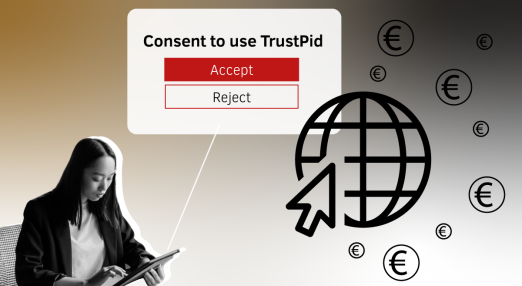
TrustPid: Baking ad tracking into the internet infrastructure
A consortium of Europe’s largest telecommunications operators (telcos) has proposed a new kind of tracking ads system to challenge commercial surveillance heavyweights like Google and Facebook. The new tracking system, misleadingly dubbed ‘TrustPid’, would be baked into the internet’s network infrastructure – potentially with little recourse or defence for users.
Read more
-
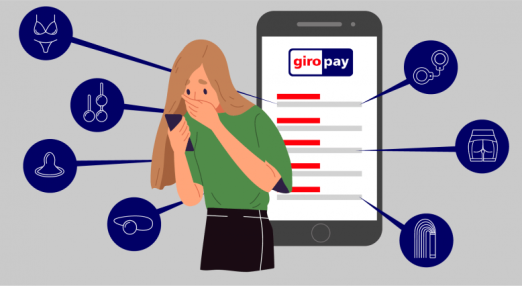
Giropay knows what you bought last summer
A customer contacted noyb after seeing a detailed list of products she had ordered in an online pharmacy and a sex shop listed in her giropay account. Such data is specially protected under the GDPR and may not be processed without consent. noyb filed a complaint against giropay with the Hessian State Commissioner for Data Protection and Freedom of Information.
Read more
-
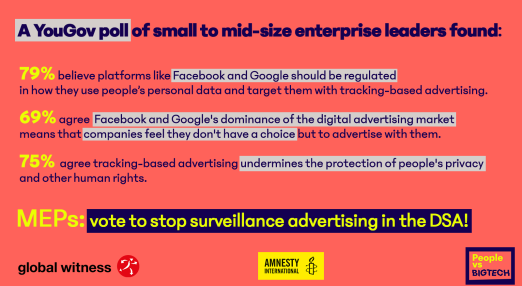
Don’t let Big Tech fool you: Small businesses don’t want surveillance advertising
Tracking-based advertising has become all pervasive in the digital world. Amnesty Tech's new research shows that small businesses know very well how harmful these practices are to human rights but have little alternative.
Read more
-

Press “Accept” to let companies know every step you take
When you download a free app and accept their privacy statement, did you know that you may just have allowed data about your movement to be sold freely to anyone who’s willing to pay? EDRi's member Elektronisk Forpost Norge (EFN) shares more.
Read more
-

Panoptykon ends campaign against uncontrolled surveillance reaching 3M people
1 out of 5 Poles are aware of the constantly growing powers of the Polish secret service. And this lack of knowledge from the public leaves the door open for further expansion of the powers of secret service authorities.
Read more
-

Booklet: Surveillance-based advertising: An industry broken by design and by default
Most online advertising today relies on huge amounts of personal data extracted from people without their knowledge. EDRi’s new guide book “Targeted Online” sheds light on this opaque data industry and explores how EU law should regulate it. This is the first blog post in a new series dedicated to the EU’s proposed Digital Services Act and Digital Markets Act.
Read more
-

Web browser privacy: ARTICLE 19 welcomes initiatives to protect users
There are widespread web tracking practices that undermine users’ human rights. However, safeguards against web tracking can and are being deployed by various service providers. EDRi member ARTICLE 19, and more generally EDRi as a whole, support these initiatives to protect user privacy and anonymity as part of a wider shift toward a more rights-respecting sector.
Read more
-
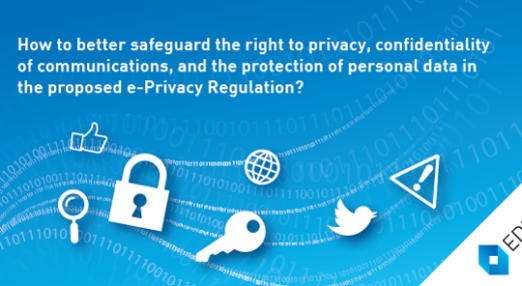
Civil society calls Council to adopt ePrivacy now
EDRi has joined a letter of 30 representatives from civil society and online industry, to the Ministers in the Telecoms Council, to express the wide support for the ePrivacy Regulation. The letter describes the clear and urgent need to strengthen privacy and security of electronic communications in the online environment, especially in the wake of […]
Read more
-

Five things the online tracking industry gets wrong
The Interactive Advertising Bureau (IAB) Europe, one of the loudest enemies of the e-Privacy Regulation, is the association of online tracking and adverting companies. On 7 September, IAB Europe published a report titled: “Europe Online: An experience driven by advertising”. In the report, some of the key issues are clearly displayed, but some are hidden […]
Read more
-
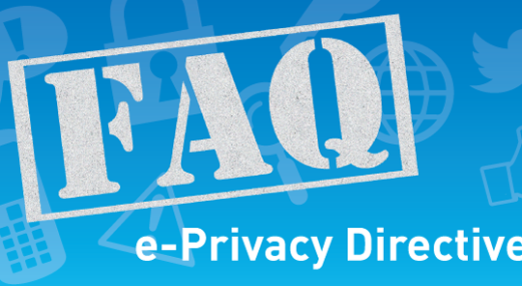
e-Privacy Directive: Frequently Asked Questions
(This article is available as well in German and French) What is the e-Privacy Directive? The e-Privacy Directive (ePD) is a Directive covering specific privacy and data protection issues in the electronic communications sector. It was adopted in 2002 and revised in 2009. The official text of the current version can be found here.
Read more
-

Die ePrivacy-Reform: Häufig gestellte Fragen
Original version here (English) Was ist die ePrivacy-Reform? Die Datenschutzrichtlinie für elektronische Kommunikation (auch: ePrivacy-Richtlinie) ist eine Richtlinie, die sich mit bestimmten, die Privatsphäre und den Datenschutz betreffenden Themen im Bereich der elektronischen Kommunikation auseinandersetzt. Sie wurde 2002 verabschiedet und im Jahre 2009 überarbeitet. Der offizielle Wortlaut der aktuellen Version kann hier abgerufen werden. Sie […]
Read more
